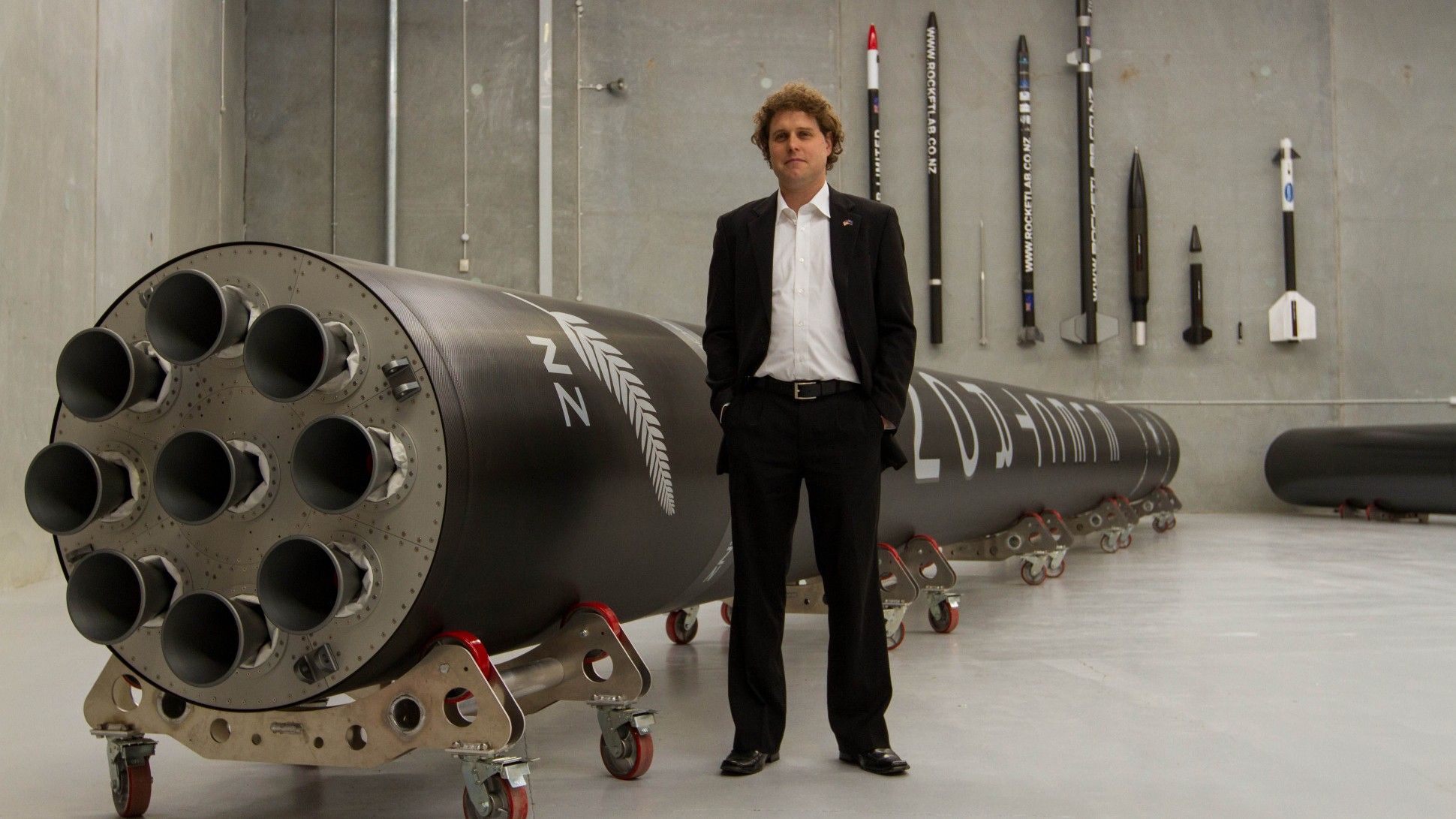Recent revelations of NASA’s Eagleworks Em Drive caused a sensation on the internet as to why interstellar propulsion can or cannot be possible. The nay sayers pointed to shoddy engineering and impossible physics, and ayes pointed to the physics of the Alcubierre-type warp drives based on General Relativity.
So what is it? Are warp drives feasible? The answer is both yes and no. Allow me to explain.
The empirical evidence of the Michelson-Morley experiment of 1887, now known as the Lorentz-FitzGerald Transformations (LFT), proposed by FitzGerald in 1889, and Lorentz in 1892, show beyond a shadow of doubt that nothing can have a motion with a velocity greater than the velocity of light. In 1905 Einstein derived LFT from first principles as the basis for the Special Theory of Relativity (STR).
So if nothing can travel faster than light why does the Alcubierre-type warp drive matter? The late Prof. Morris Klein explained in his book, Mathematics: The Loss of Certainty, that mathematics has become so powerful that it can now be used to prove anything, and therefore, the loss of certainty in the value of these mathematical models. The antidote for this is to stay close to the empirical evidence.
My good friend Dr. Andrew Beckwith (Prof., Chongqing University, China) explains that there are axiomatic problems with the Alcubierre-type warp drive theory. Basically the implied axioms (or starting assumptions of the mathematics) requires a multiverse universe or multiple universes, but the mathematics is based on a single universe. Thus even though the mathematics appears to be sound its axioms are contradictory to this mathematics. As Dr. Beckwith states, “reducto ad absurdum”. For now, this unfortunately means that there is no such thing as a valid warp drive theory. LFT prevents this.
For a discussion of other problems in physical theories please see my peer reviewed 2013 paper “New Evidence, Conditions, Instruments & Experiments for Gravitational Theories” published in the Journal of Modern Physics. In this paper I explain how General Relativity can be used to propose some very strange ideas, and therefore, claiming that something is consistent with General Relativity does not always lead to sensible outcomes.
The question we should be asking is not, can we travel faster than light (FTL) but how do we bypass LFT? Or our focus should not be how to travel but how to effect destination arrival.
Let us take one step back. Since Einstein, physicists have been working on a theory of everything (TOE). Logic dictates that for a true TOE, the TOE must be able to propose from first principles, why conservation of mass-energy and conservation of momentum hold. If these theories cannot, they cannot be TOEs. Unfortunately all existing TOEs have these conservation laws as their starting axioms, and therefore, are not true TOEs. The importance of this requirement is that if we cannot explain why conservation of momentum is true, like Einstein did with LFT, how do we know how to apply this in developing interstellar propulsion engines? Yes, we have to be that picky, else we will be throwing millions if not billions of dollars in funding into something that probably won’t work in practice.
Is a new physics required to achieve interstellar propulsion? Does a new physics exists?
In 2007, after extensive numerical modeling I discovered the massless formula for gravitational acceleration, g=τc^2, where tau τ is the change in the time dilation transformation (dimensionless LFT) divided by that distance. (The error in the modeled gravitational acceleration is less than 6 parts per million). Thereby, proving that mass is not required for gravitational theories and falsifying the RSQ (Relativity, String & Quantum) theories on gravity. There are two important consequences of this finding, (1) we now have a new propulsion equation, and (2) legacy or old physics cannot deliver.
But gravity modification per g=τc^2 is still based on motion, and therefore, constrained by LFT. That is, gravity modification cannot provide for interstellar propulsion. For that we require a different approach, the new physics.
At least from the perspective of propulsion physics, having a theoretical approach for a single formula g=τc^2 would not satisfy the legacy physics community that a new physics is warranted or even exists. Therefore, based on my 16 years of research involving extensive numerical modeling with the known empirical data, in 2014, I wrote six papers laying down the foundations of this new physics:
1. “A Universal Approach to Forces”: There is a 4th approach to forces that is not based on Relativity, String or Quantum (RSQ) theories.
2. “The Variable Isotopic Gravitational Constant”: The Gravitational Constant G is not a constant, and independent of mass, therefore gravity modification without particle physics is feasible.
3. “A Non Standard Model Nucleon/Nuclei Structure”: Falsifies the Standard Model and proposes Variable Electric Permittivity (VEP) matter.
4. “Replacing Schrödinger”: Proposes that the Schrödinger wave function is a good but not an exact model.
5. “Particle Structure”: Proposes that the Standard Model be replaced with the Component Standard Model.
6. “Spectrum Independence”: Proposes that photons are spectrum independent, and how to accelerate nanowire technology development.
This work, published under the title Super Physics for Super Technologies is available for all to review, critique and test its validity. (A non-intellectual emotional gut response is not a valid criticism). That is, the new physics does exist. And the relevant outcome per interstellar propulsion is that subspace exists, and this is how Nature implements probabilities. Note, neither quantum nor string theories ask the question, how does Nature implement probabilities? And therefore, are unable to provide an answer. The proof of subspace can be found in how the photon electromagnetic energy is conserved inside the photon.
Subspace is probabilistic and therefore does not have the time dimension. In other words destination arrival is not LFT constrained by motion based travel, but is effected by probabilistic localization. We therefore, have to figure out navigation in subspace or vectoring and modulation. Vectoring is the ability to determine direction, and modulation is the ability to determine distance. This approach is new and has an enormous potential of being realized as it is not constrained by LFT.
Yes, interstellar propulsion is feasible, but not as of the warp drives we understand today. As of 2012, there are only about 50 of us on this planet working or worked towards solving the gravity modification and interstellar propulsion challenge.
So the question is not, whether gravity modification or interstellar propulsion is feasible, but will we be the first nation to invent this future?
(Originally published in the Huffington Post)




